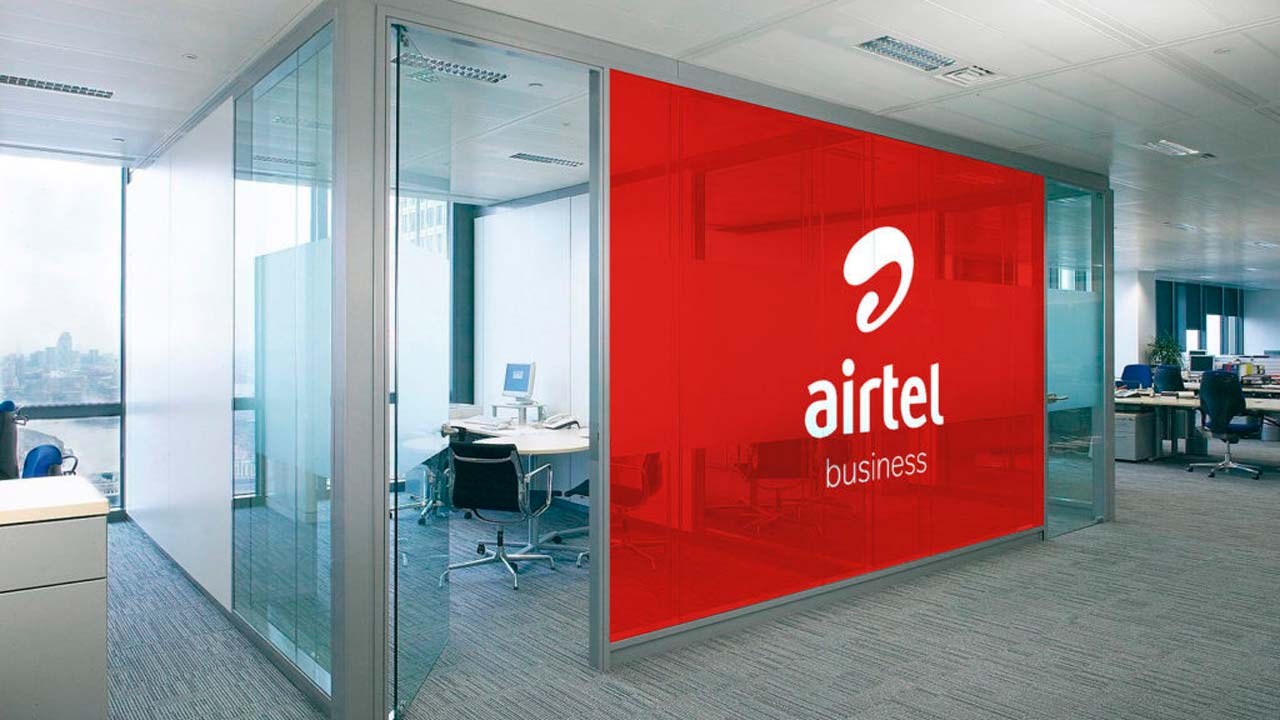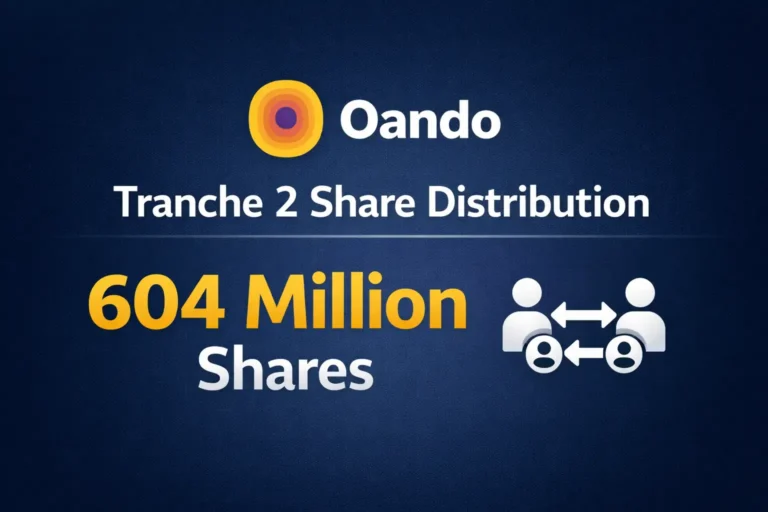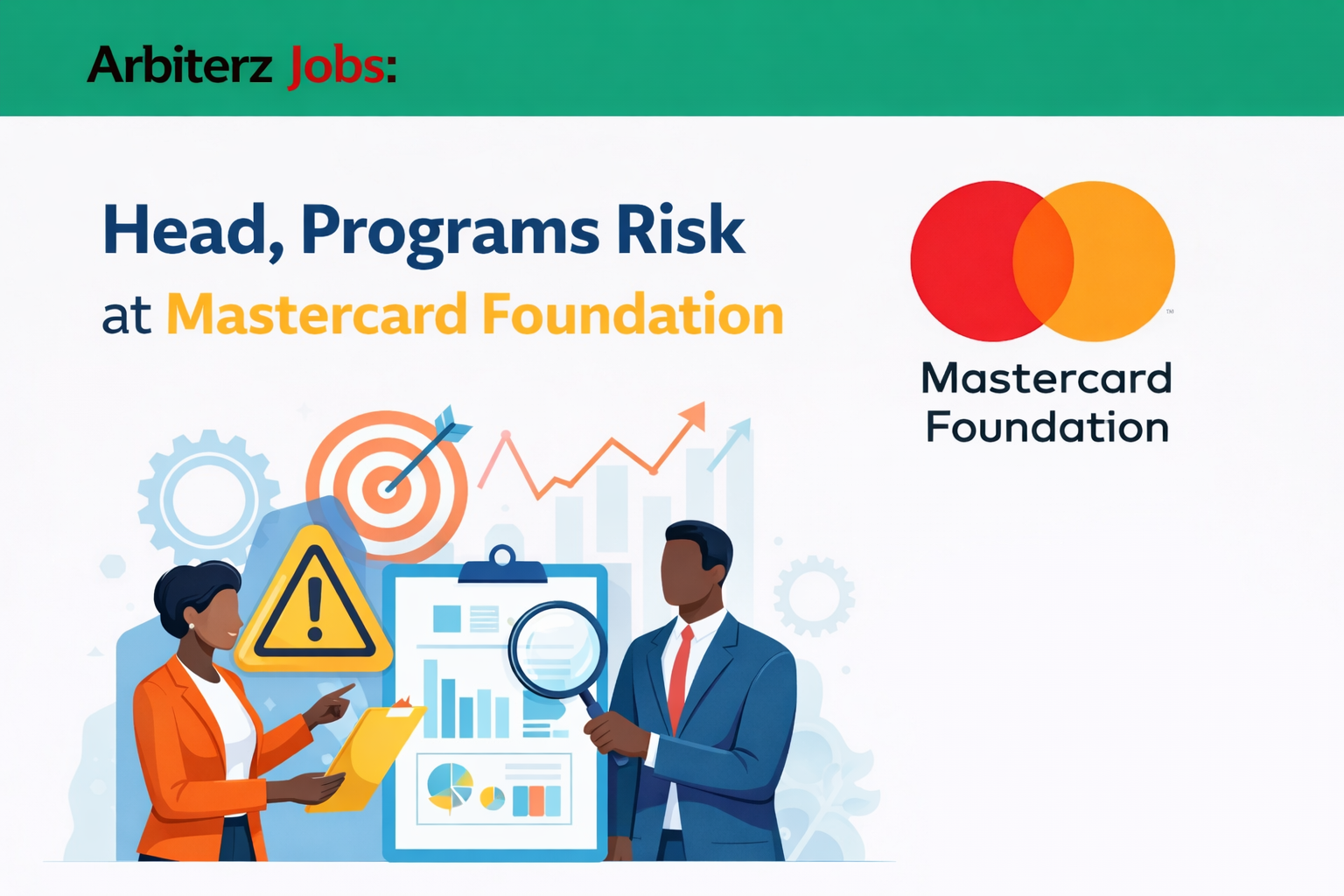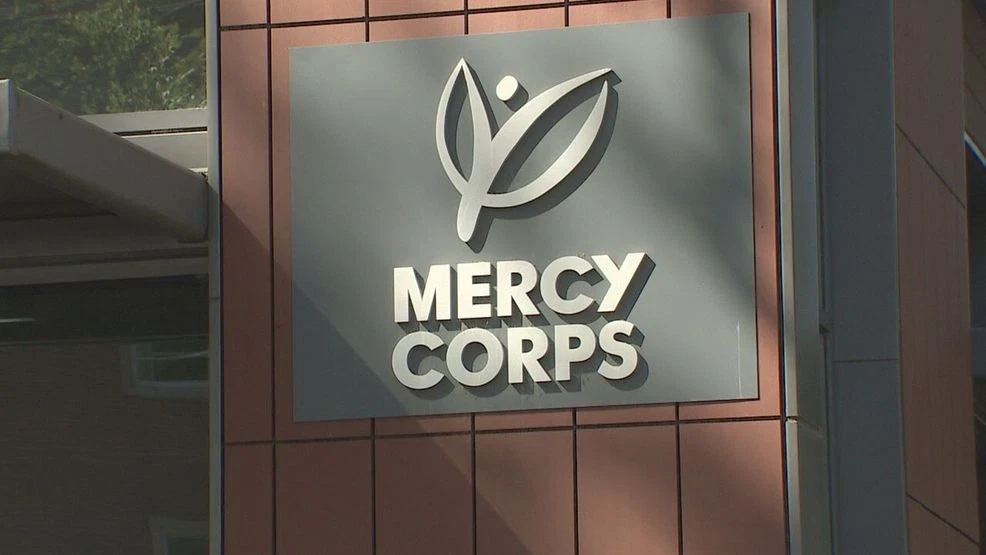Millions of businesses around the world, and in Nigeria, are losing revenue, downsizing, and liquidating due to the new coronavirus outbreak and lockdown measures to contain infections. On the surface, there seems to be a general decline in business activities, but is this really so?
Within two weeks from April 1, at the onset of lockdowns in Ogun, Abuja and Lagos, Google data for Nigeria showed that traffic to retail & recreation centres dropped 31%, visits to Groceries & Pharmacies slumped 24%, and footprints to parks (beaches, plazas etc.) fell 41%.
In a recent Lagos Chamber of Commerce and Industry (LCCI) report, 81% of Lagos businesses surveyed claimed to be severely affected by the lockdown, losing a combined N2.7 billion revenue in the 5-week lockdown.
Yet, this period has created new demand and opportunities for some businesses, according to Arbiterz’s findings.
Dellyman (Logistics)
Dellyman, a marketplace for logistics companies, has reported a 45% growth in active customers between March and April (one-month period) and a 91% growth since the start of the year.
Dellyman is a travels and transport logistics technology provider that aggregates logistics companies and their assets into a single platform where customers and logistics companies can transact business.
The company, launched in March 2019 to solve the same-day delivery problem in Nigeria, now has around 1,586 customers, 450 logistics companies on its platform (including Opay) and has seen 93% increase in complete orders from February to 3,000 orders as at the first week of May.
Dellyman said revenue has jumped 20 times since January and it could complete 5,000 orders in May alone.
Like Dellyman, some other logistics companies are doing well during this period because of the special exemption they (being part of essential workers) have enjoyed and the ban of motorcycles on Lagos highways in February.
One segment that has stood out has been food delivery services as the partial opening of restaurants and deliberate social-distancing by individuals have encouraged more food orders, prompting restaurants to engage more delivery services firms to complete their sales.
Visa/Mastercard (Electronic Payments)
Online payment gateways like Visa, Mastercard, PayPal and so on are in the win because the lack of mobility of people, closure of banking halls, aversion for cash and convenience of e-commerce during the period spurred electronic transactions.
NIBSS data cited by technext.ng shows 14.5% growth in value of transactions performed using mobile increased to N169.8 billion in March, 13% growth in the use of POS to 52.2 million transactions over the period, and a 36.6% increase in E-bill payment to N107.06 billion.



(Charts from technext.ng as NIBSS couldn’t be accessed for the data)
This trend is supported by independent statements made by some industry operators including Paga’s CEO Tayo Oviosu, who told TechCrunch that some stores are saying “they are not accepting cash anymore.”
Mobile Money agents are also in this category of winners as many in the informal sector not familiar with electronic payments turn to them for transactions (POS data supports this.)
MTN/Airtel (Data Service Providers)
One shift that most businesses are undergoing in this period is the digitalization of their processes. Schools are attempting e-learning, Religious centres are exploring e-worship and firms are investing in remote working technologies.
This digitalization wave has resulted in the use of applications like Zoom, Microsoft Teams, Slack, Whatsapp and Youtube, to mention a few.
What this means inherently is an increase in the use of data, and results for the quarter from two of the country’s biggest Telcos MTN and Airtel show the impact of the COVID-19 and lockdowns on data services providers business.
MTN, the most-subscribed mobile phone service provider in Nigeria, reported a 59.2% yearly increase in data revenue for the first quarter of 2020.
The increase in money earned from data sales was due to a 130.4% yearly growth in data traffic supported by adding 1.7 million active data users in the period.
Digital revenue for the period also rose 63.7%, and CEO Ferdi Moolman even said in April data was still growing even though voice call was being affected by the lower purchasing power of households.
Arbiterz believes many customers have switched to free internet call services like Whatsapp Calls, Zoom, Teams, Skype and free messaging services like Whatsapp and Facebook.
Airtel Africa, the local business of Bharti’s Airtel, reported a 38.9% growth in data in the quarter ended March compared to voice growth of 8.4%.
The Telco said customers are now buying larger data bundles and the data usage per customer is now 1.8GB compared to 1.2GB in the same period a year ago. The increase in slightly above half-a-gigabyte.
Additional information from both Telcos showed that mobile money-related businesses enjoyed patronage.
Bakeries
The bread market in Nigeria is near perfect competition – many buyers, many sellers, free entry and exit etc, so you can understand if we don’t mention any brand in particular.
Essential food item makers like Bakeries and Water Packing Companies have seen sales increase according to findings by Arbiterz.
Based on a quick survey, Arbiterz found out that sales for bakeries have gone by around 30% due to an increase in demand.
Some economists say bread can be classified as an inferior good which demanded more when income fall.
Arbiterz partially agrees because of the availability of premium bread brands, however, the survey showed people in lower-income areas going for value or less-known bread brands, and buying directly from bakeries or smaller shops rather than supermarkets, where increases more expensive brands are sold.
























